The Undeclared Secrets That Drive the Stock Market
$40.00
In The Undeclared Secrets That Drive the Stock Market, We will be looking at the subject from the other side of the trade. It is the close study of the reactions of the specialists and market makers which will give you a direct access to future market behaviour. Much of what we shall be discussing is also concerned with the psychology of trading, which you need to fully understand because the professional operator does and will take full advantage wherever possible. Professionals operating in the markets are very much aware of the emotions that drive You (and the herd) in your trading. We will be looking at how these emotions are triggered to benefit professional traders and hence price movements.
Introduction:
Volume Spread Analysis, is a new term which describes the method of interpreting, analysing and understanding a bar chart displayed on your computer screen. A chart with the high, low, close and volume will graphically show you how supply and demand presents its self to you in a form that you can analyse.
For the correct analysis of volume one needs to realise that the recorded volume contains only half of the information required to arrive at a correct analysis. The other half of the information is found in the price spreads. Volume always indicates the amount of activity going on. The corresponding price spread shows the price movement on that volume [activity]. This book is about how the markets work, and, most importantly, will help you to recognise indications as they occur at the live edge of a trading market. Indications that a pit trader, market maker, specialist or a top professional trader would see and recognise.
Volume Spread Analysis seeks to establish the cause of price movements and from the cause predict the future direction of prices. The cause is the imbalance between Supply and Demand in the market which is created by the activity of professional operators. The effect is either a bullish or bearish move according to market conditions prevailing.
Contents:
- A MARKET OVERVIEW
- REFINEMENTS IN VOLUME SPREAD ANALYSIS
- TRENDS AND TREND LINES
- THE ANATOMY OF A BULL OR BEAR MARKET
- “I WANT TO BECOME A FULL TIME TRADER”
- TRADING HINTS AND TIPS
The Undeclared Secrets That Drive the Stock Market By Tom Williams pdf
| Author(s) | |
|---|---|
| Format | |
| Pages | 129 |
| Publication Year | 1993 |
4 reviews for The Undeclared Secrets That Drive the Stock Market
Only logged in customers who have purchased this product may leave a review.




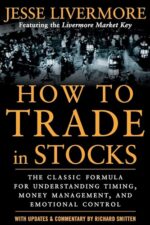
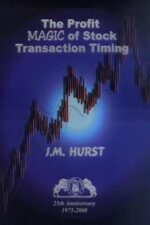
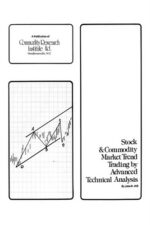
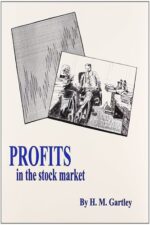
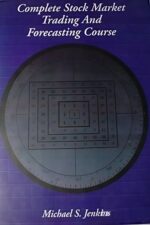

London Wallace (verified owner) –
This book does not give you signals, it gives you more than that, it gives you the ability to know which way the market is likely to move and so you can formulate your own entries and trade your way.
Never leave home with out it 5 stars
Arianna Lara (verified owner) –
This is by far the most worthwhile book I have read regarding trading the markets. If I was only going to own one book on investing, this would be it.
Jerry Compton (verified owner) –
Best book available on modern Wyckoff analysis. A holy grail methodology for anyone interested in trading. It’s a disgrace that this book has been out of print for so long. Williams’s followup Master the markets more or less covers the exact same material, while including tradeguider vsa system analysis as well (great trading system). I like the original undeclared secrets better and read it (pdf is easy to find) often. Great stuff
Elina McConnell (verified owner) –
A simple, straightforward way to read and interpret price charts. Williams brings together a few robust ingredients: bar range (he calls it “spread”), volume, support and resistance, and very basic trend lines or channels. Brought together in the right way, these ingredients form “Volume Spread Analysis” or VSA, which is a price forecasting methodology based on using price charts to understand underlying supply and demand.
You can bring in a bit more… Some thinking about what option volume might reveal. Or you can add analysis of multiple time frames. You can add analysis broad market indices to your analysis of individual stocks. Williams covers all of this. But the point is the same: we’re trying to uncover what the “strong hands,” those with enough money or shares to move a stock, are doing.
I’ve studied markets for nearly 25 years. VSA is as good, and as simple, a way of reading price charts as any I’ve encountered, and I’ve encountered many.